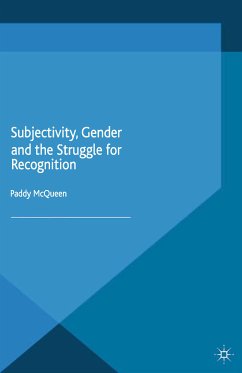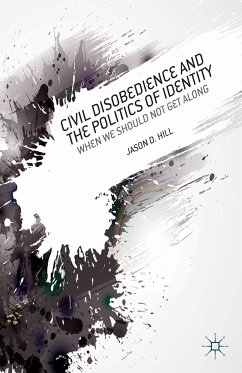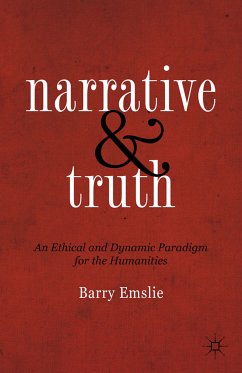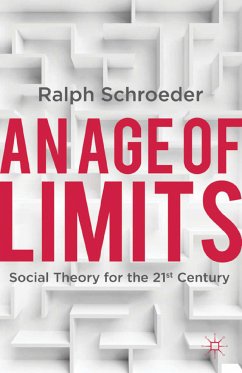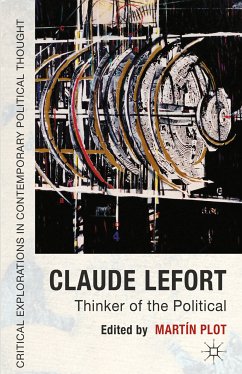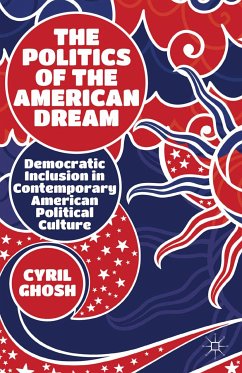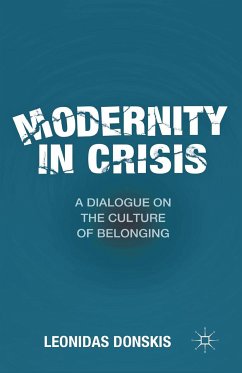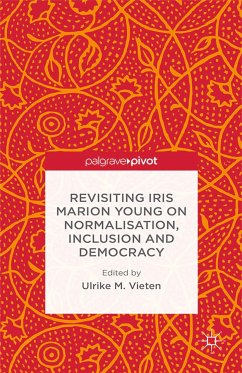
Revisiting Iris Marion Young on Normalisation, Inclusion and Democracy (eBook, PDF)
Versandkostenfrei!
Sofort per Download lieferbar
40,95 €
inkl. MwSt.
Weitere Ausgaben:

PAYBACK Punkte
20 °P sammeln!
Revisiting Iris Marion Young on Normalisation, Inclusion and Democracy presents an innovative collection of politically and theoretically inspiring papers by feminist, queer and postcolonial writers. All authors engage with Young's politics of cultural difference and a 'politics of positional difference' read against her critique of normalisation.
Dieser Download kann aus rechtlichen Gründen nur mit Rechnungsadresse in A, B, BG, CY, CZ, D, DK, EW, E, FIN, F, GR, HR, H, IRL, I, LT, L, LR, M, NL, PL, P, R, S, SLO, SK ausgeliefert werden.



